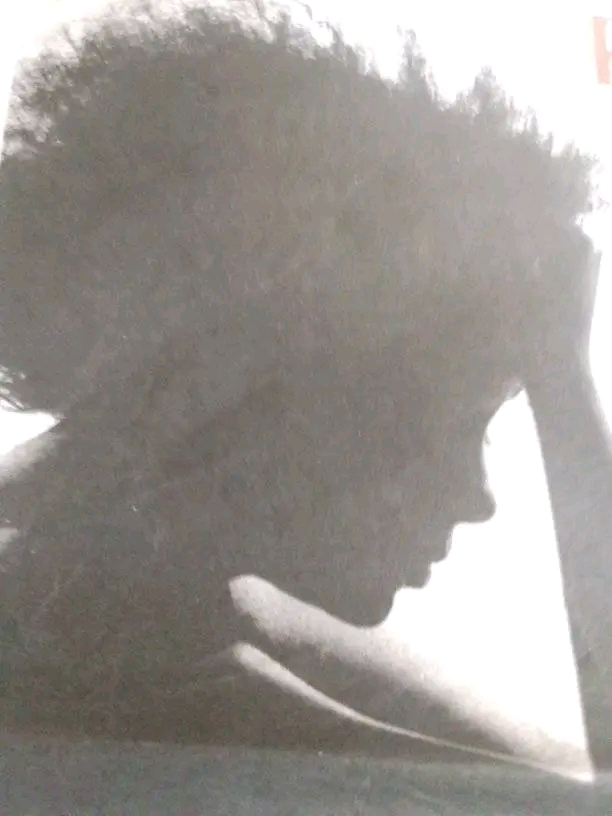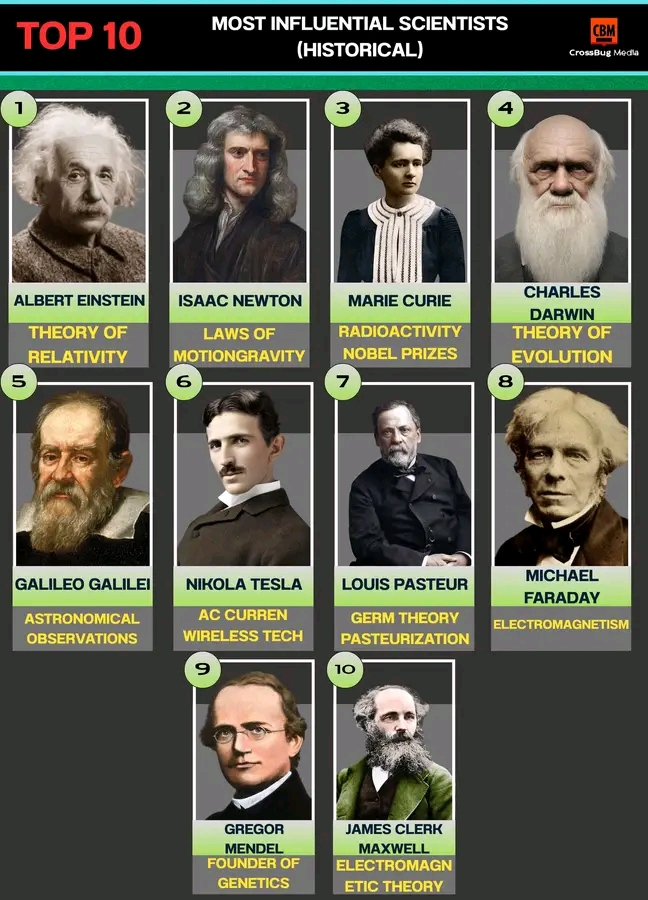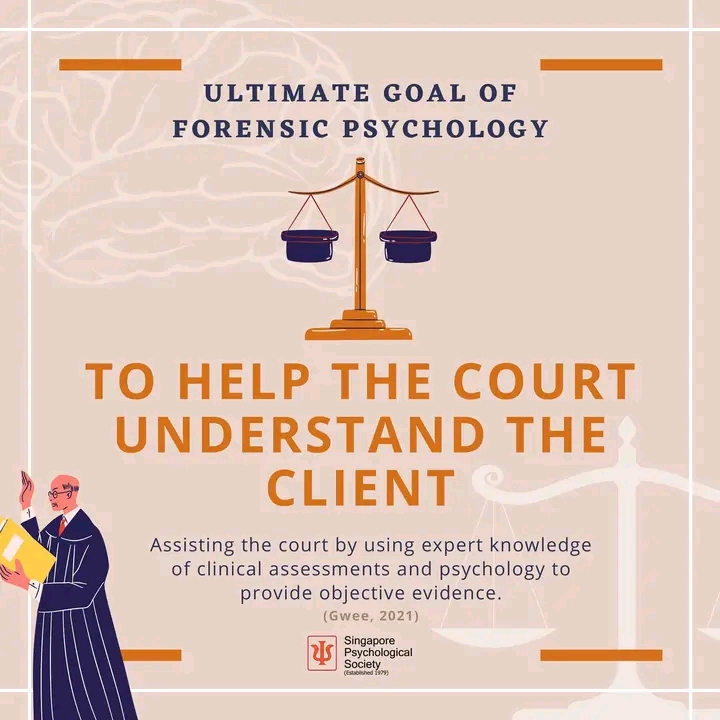Mental disorders resulting from continued drug use
Mental disorders resulting from continued drug use
Mental disorders resulting from continued use of drugs.
Substance/medication-induced mental disorders are mental problems that develop in people who did not have mental health problems before using substances. They include:Substance-induced psychotic disorder: is a condition is caused by the use of or withdrawal from drugs, such as hallucinogens and crack cocaine, that cause hallucinations, delusions, or confused speech.
Substance-induced bipolar and related disorders: is classified as mania, hypomania or a major depressive episode directly caused by a substance/medication that is or has been taken.Substance-induced depressive disorders: refer to depressive, anxiety, psychotic, or manic symptoms that occur as a physiological consequence of the use of substances of abuse or medications. It may occur during active use, intoxication or withdrawal.
Substance-induced anxiety disorders: This disorder is diagnosed when panic attacks or other anxiety symptoms are brought on by use of or withdrawal from alcohol or other drugs, taking medications or exposure to heavy metals or toxic substances.
Substance-induced obsessive-compulsive and related disorders: is the diagnostic name for drug-induced OCD. Obsessive-compulsive behavior is a group of seemingly uncontrollable and repetitive behaviors that are driven by obsessions. Obsessions are unwanted thoughts, urges or images that intrude on an individuals consciousness. They are associated with compulsive behaviors which are actions that the person feels compelled to carry out often in response to, and in an effort to control an obsession.
These behaviors can be body-focused, for example, picking at ones own skin, or pulling out ones own hairs. Obsessions and compulsions can occur on their own or in combination and can be part of several different obsessive compulsive disorders, of which substance-induced OCD is just one.
Substance-induced sleep disorders: is the official diagnostic name for insomnia and other sleep problems which are caused by the use of alcohol, drugs, or taking certain medications. Roughly translated, that means that one of the effects of drinking alcohol, using a drug, or taking a medication, is having a problem with getting to sleep at the time you want to sleep, staying asleep at the time you want to sleep, excessive sleepiness during the day, or unusual behaviors when you do sleep.
Substance-induced sexual dysfunctions: refers to a condition in both men and women in which patients have difficulties with sexual desire, arousal, and/or orgasm due to a side effect of certain medications (legal or illicit).
Substance-induced delirium: is the diagnostic name for alcohol or drug-induced delirium. The condition is caused by intoxication from a psychoactive substance. Disturbances in focus and attention are normal when people are under the influence of alcohol or drugs, and even when they are overtired.





















